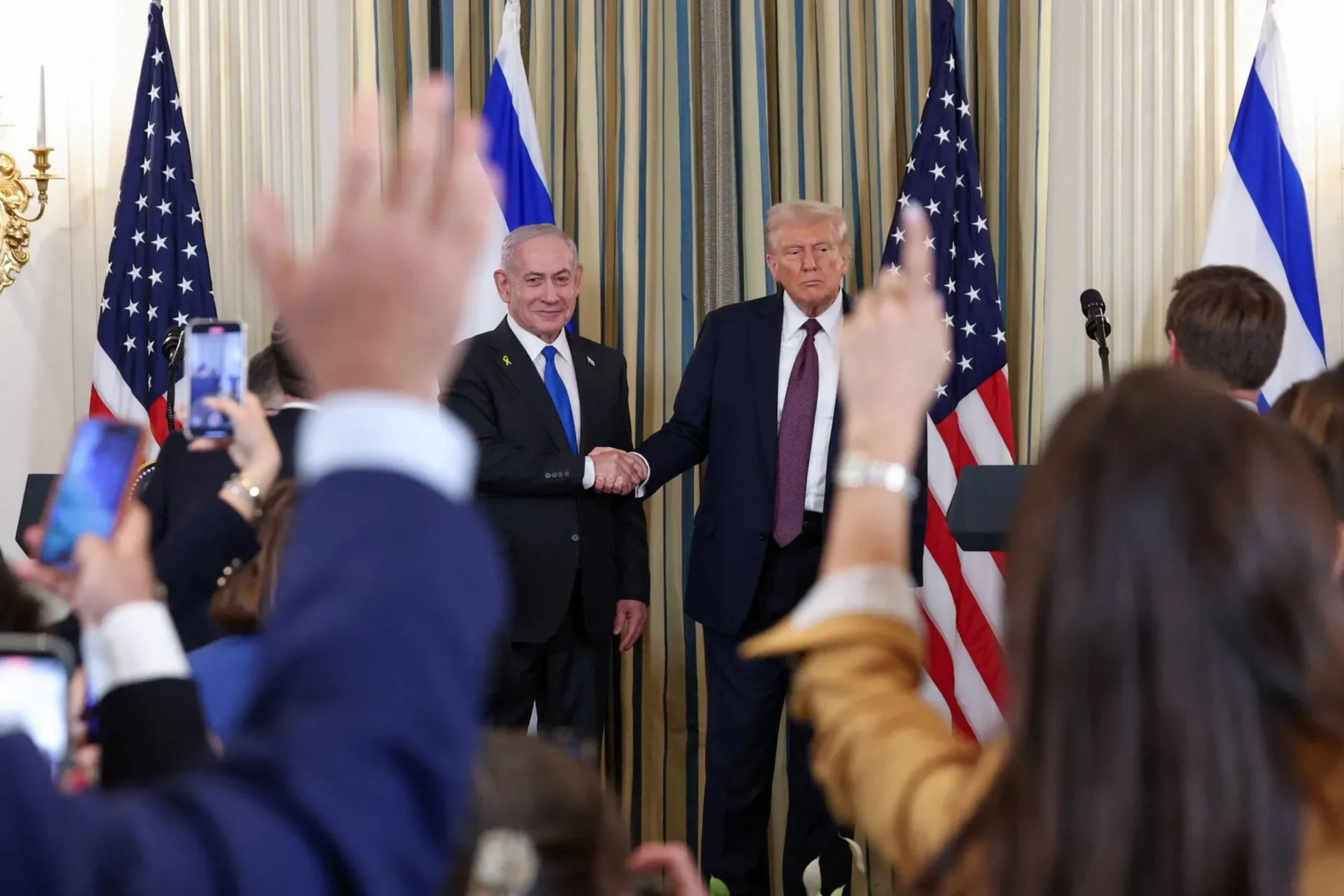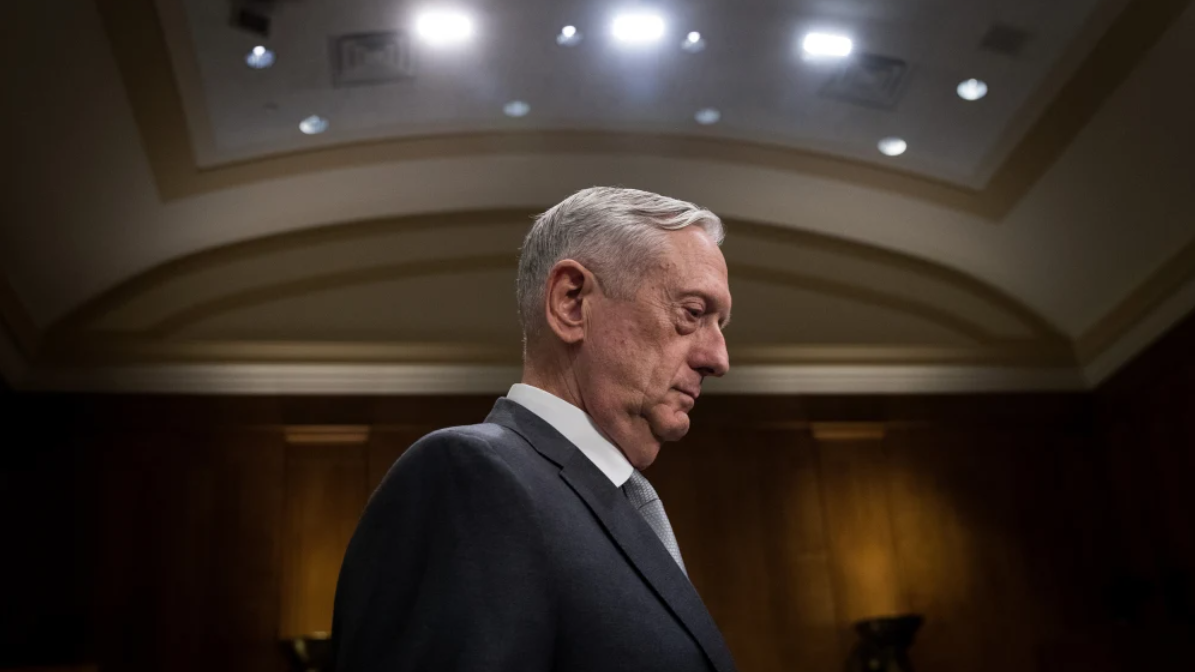The international security landscape at the onset of 2026 is more volatile than at any time since World War II—and it is only growing more dangerous. Armed conflicts are at their highest level in decades, and interstate wars are resurgent across multiple theaters. Countries are acquiring dangerous new capabilities that have made once unreachable locations focused targets.
This moment is not simply one of multiple growing risks that face the United States—it is one of deepening involvement. Across the globe, Washington is no longer a distant arbiter or offshore balancer. It is a participant, a mediator, or even a direct combatant.
The first days of 2026 took an unprecedented turn when the United States executed a military operation against Venezuela that culminated in the capture of President Nicolás Maduro and his wife, Cilia Flores, who were transported to New York to face federal charges on narcotics and weapons trafficking. President Donald Trump publicly asserted that the U.S. would “run” Venezuela to stabilize the country and restore order, framing the intervention as part of a longterm campaign against narco-terrorism and foreign illicit influence in the Western Hemisphere. The United States would also take control of Venezuela’s oil fields…
The Trump administration’s escalating confrontation with Venezuela is the most consequential U.S. military posture in the Caribbean in decades. What began in early September with a lethal strike on a boat departing Venezuela has grown into a sustained campaign of more than twenty attacks on vessels Washington labels “narco-terrorist” threats—leaving over eighty people dead and drawing the United States into a political and legal crisis. This crisis escalated further last week when U.S. forces seized an oil tanker off Venezuela’s coast, which could be considered an attack on the country’s most essential economic lifeline.
As the administration moves naval, air, and special operations forces closer to Venezuelan territory, critical questions remain unanswered: What is the mission? What are its legal foundations? And where does this strategy lead…
The global landscape of nuclear security has become increasingly dangerous, reminding policymakers and the public that the threat of nuclear disaster, once thought to be only a Cold War risk, continues to shape international relations. While international norms established by foundational agreements like the Non-Proliferation Treaty (NPT) of 1968 and the Comprehensive Test Ban Treaty (CTBT) have curbed the spread of nuclear weapons, recent geopolitical trends and startling rhetorical shifts suggest these norms are eroding. The evidence is clear: growing tensions between nuclear-armed states are encouraging proliferation and increasing the likelihood of nuclear conflict.
A sudden declaration by President Donald Trump ordering the resumption of American nuclear weapons testing served as a potent, albeit poorly conceived, reminder of the enduring nuclear threat. Trump’s announcement, made shortly before a crucial meeting with Chinese President Xi Jinping, instructed the Defense Department to "immediately" recommence the testing of U.S. nuclear weapons "on an equal basis" with other nations. This directive shocked the American national security establishment and immediately prompted sharp responses from Beijing and Moscow…
























